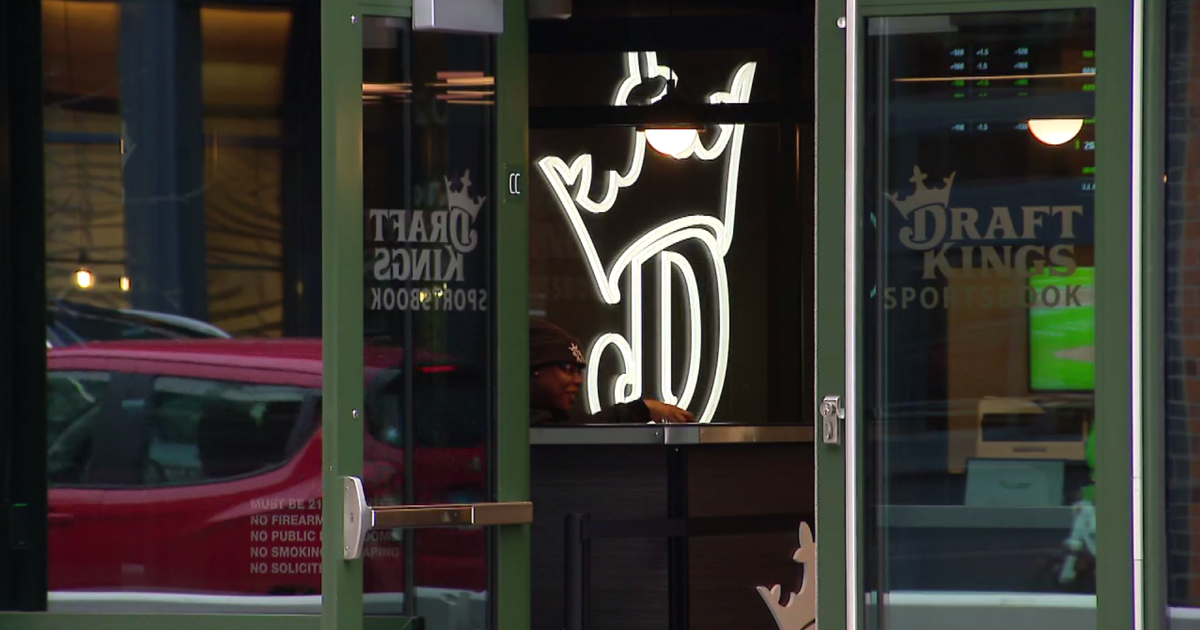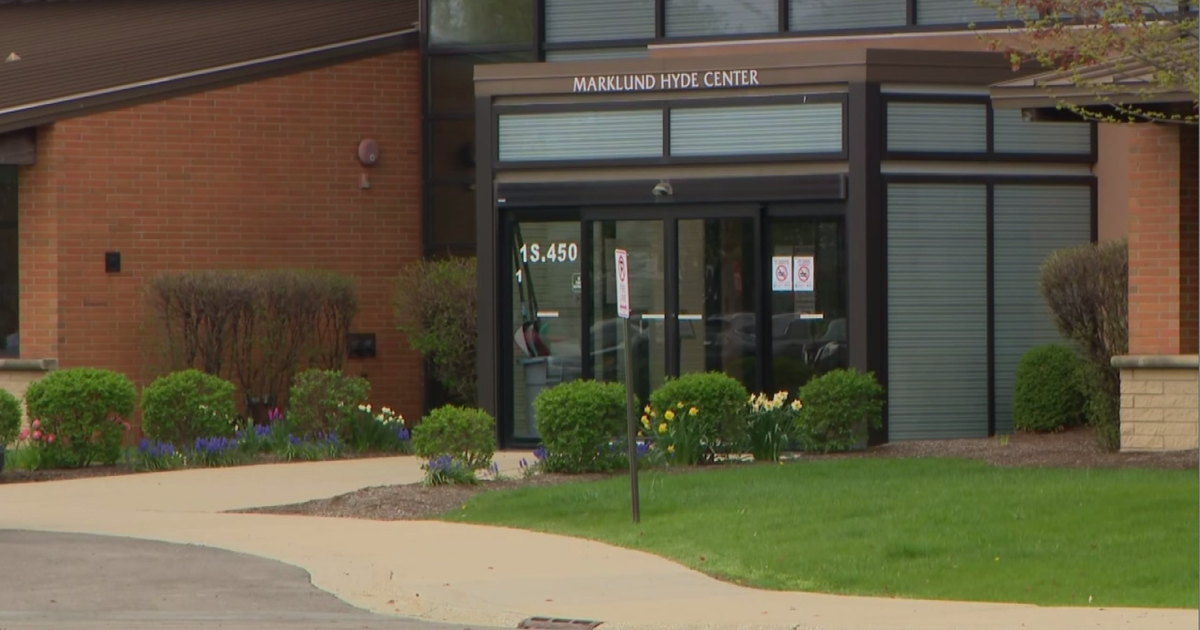More Black Bears Could Be Headed To Illinois, Even Chicago: Experts
(CBS) -- The black bear that's been roaming the Illinois countryside for the past month has certainly captured our attention.
He was first spotted in Galena on May 24. Since then, there have been 14 sightings in six counties.
He has wandered through Rockford, Genoa, Rochelle and Mt. Morris on his 250-mile journey so far.
Is this the first of many more bears to find their way into Illinois?
CBS 2's Jim Williams asks the experts.
Sheryl Hutchinson describes what she saw.
"The bear was around front here. Then the bear had stood up and was trying to take down the hummingbird feeder," she says.
Although she lives on three acres of Rockford-area land that is adjacent to 200 acres of woods, she says "we've not had animals that large before."
Doug Dufford of the Illinois Department of Natural Resources says the potential for bears is increasing because the black bear population is growing in neighboring states. Twenty thousand are in Wisconsin alone.
Established dens have been found near the Wisconsin Dells and just west of Madison. Bears have been seen wandering even farther south, and eight sightings were documented in 2010 in counties bordering Illinois.
What's pressuring them to move? Seth Magle of the Urban Wildlife Institute at the Lincoln Park Zoo says their habitats may be full.
Meanwhile, forest cover has decreased in Northern Wisconsin between 2002 and 2012.
So, as the forest shrinks, it's no surprise a bear was seen wandering around a Wisconsin convenience store.
"I expect we're going to see more sightings in the north and northwest part of Illinois," Magle says.
Fifteen percent of Illinois provides a suitable habitat for the animals.
Experts say black bears might find Chicago attractive because of what Chicagoans themselves have relished for more than a century: our vast number of parks and forest preserves.
Is it conceivable we could see a bear march down Michigan Avenue?
"It is conceivable. Would it happen in the next 10 years? Probably not. But in the next 100, I think it's quite possible," Magle says.
Bears can travel up to 30 miles a day.
"It's not unusual for bear to take off, go a great distance and then ultimately turn around and return to the area where it started," Dufford says.
They've been tracked more than 800 miles from their dens.
Hutchinson, a retired science teacher, worries about the impact the environment is having on the bear population.
"Think more globally about what we're doing. I think it's an important issue, and I hope that bear raises this issue in peoples' minds," Hutchinson says.
This bear has not been aggressive so far. That's not unusual since black bears are among the shyest of bears.
Experts say we need more research on what makes bears move and migrate so we can find ways to attract them if we want to -- or keep them out if we don't.



